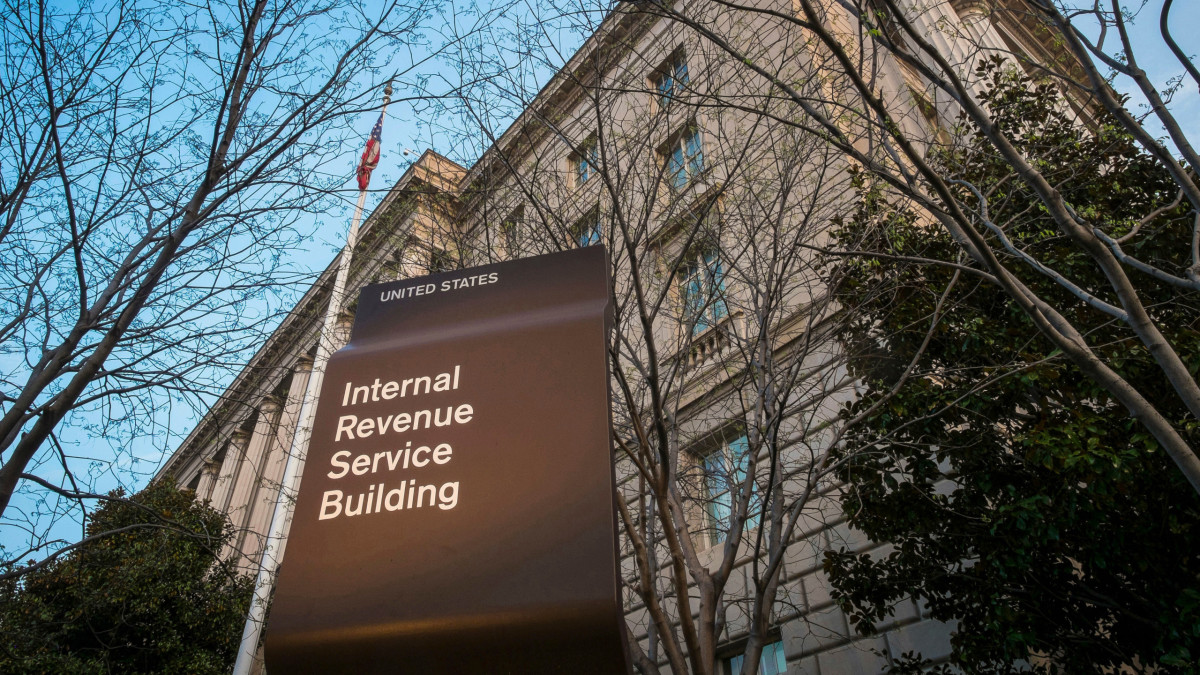Lawsuits Against D.C. Transit Agency Demonstrate Res Ipsa Loquitur Cases
WMATA Had Exclusive Control Over the Faulty Cables
Lawsuits filed in 2015 against the Washington Metropolitan Area Transit Authority over an electrical fire demonstrate what happen when negligence is proven by the accident itself, also known as res ipsa loquitur.
The persons being sued have almost no option other than trying to minimize the damages they pay.
WMATA was nearly certain to lose big when the National Transportation Safety Board reported in June 2015 the transit agency neglected to properly install protective sleeves over power cables that would have prevented smoke from filling the L’Enfant Plaza station Jan. 12, killing one passenger and injuring 80.
The victims and their families already had filed lawsuits that were pending in D.C. Superior Court.
The lawsuits follow the legal theory of res ipsa loquitur. In other words, negligence can be inferred from the nature of an accident or injury. The only remaining issues are who should be blamed and how much they should pay.
The NTSB report says Metro workers disregarded the transit agency’s own guidelines by failing to install the protective sleeves over power cables that would have prevented electricity from surging, creating intense heat. The result was smoke that belched throughout the L’Enfant Plaza station and enveloped a six-car train.
Even after the January accident, transit workers failed to make proper repairs to the power cable assembly, the NTSB said.
The NTSB recommended the transit agency take immediate action to fix its electrical problems. A WMATA statement said the agency would begin the process immediately.
But by that time, the damage was done.
Normally, a lawsuit based on negligence requires the plaintiffs to prove four elements: duty of care, breach of duty, causation, and injury. Res ipsa loquitur cases are different. Duty of care, breach of duty and causation are implied from the injury claimed in a lawsuit.
In WMATA's case, the injury was smoke from an overheated electrical system.
Res ipsa loquitur originated in English common law but is now recognized internationally, including in American courts.
The Restatement (Second) of Torts, Section 328D, mentions a two-step process for proving res ipsa loquitur negligence. First, the plaintiffs must show that accident that caused injuries is normally caused only by negligence. A doctor leaving a scalpel inside a patient's body after surgery is an example.
Second, the plaintiffs must show the defendants had exclusive control over the devices or situation that caused the injury. An airline crew's control over a commercial airliner that crashes is an example.
In WMATA's case, an electrical fire on poorly maintained equipment can only be considered negligent. Further, WMATA had exclusive control over the power cables.
Negligence is Inferred from the Transit Accident






